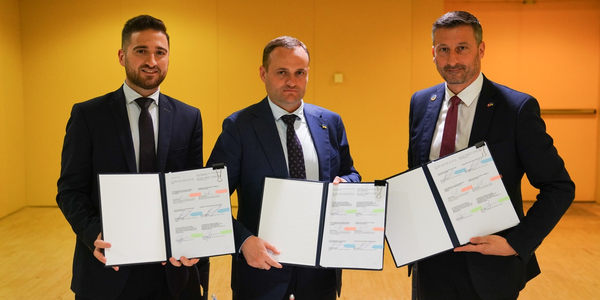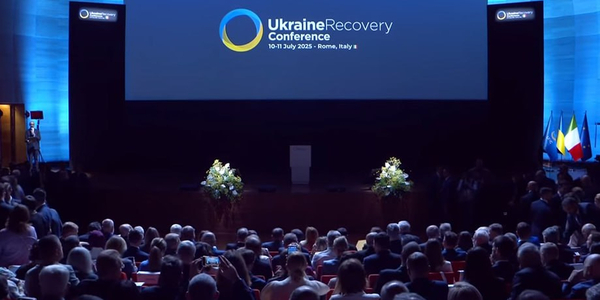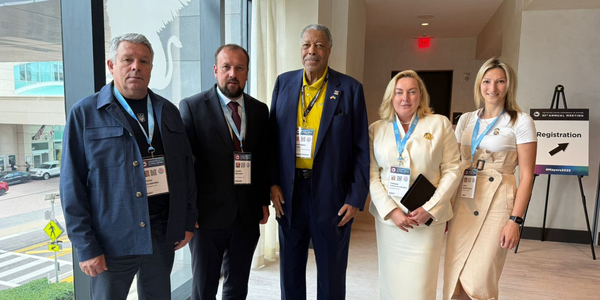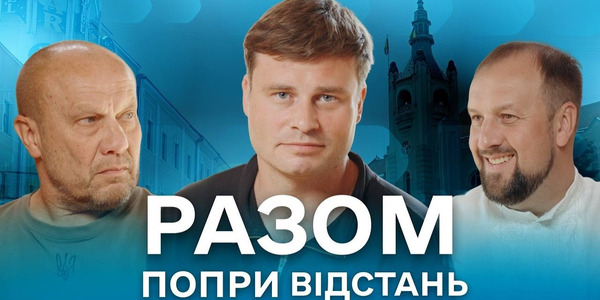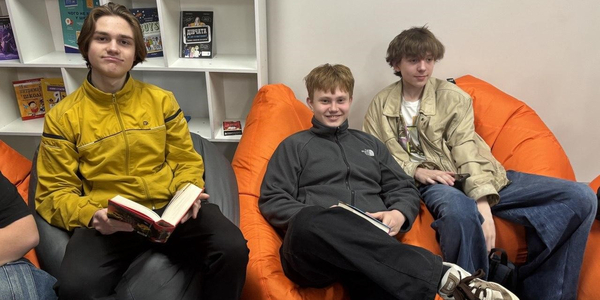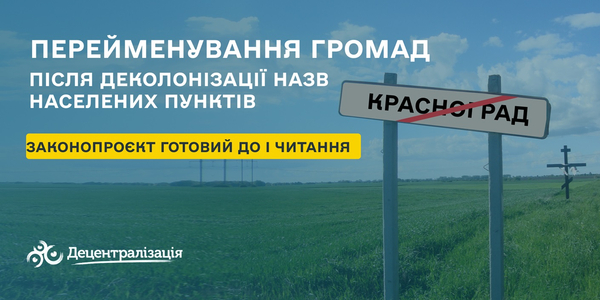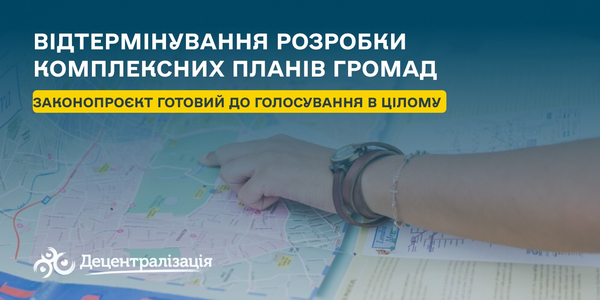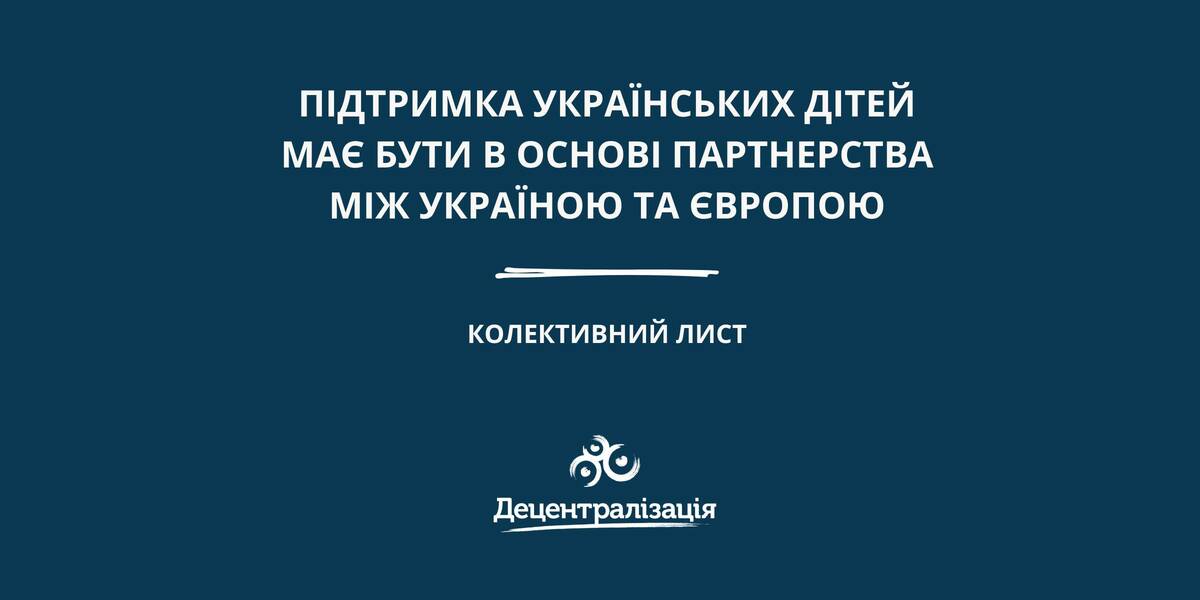
The French newspaper Le Monde published a collective letter entitled “Support for Ukrainian children must be at the heart of partnerships between Ukraine and Europe”. Its main message is to step up Ukraine relief efforts with the focus on Ukrainian municipalities and Ukrainian children and to restore Ukraine together.
Authors of the Letter:
- Benjamin Abtan, Director of Europe Prykhystok, Oleksandra Matviichuk, Nobel Peace Prize Laureate,
- Oleksii Kuleba, Executive Secretary of the Praesidium of the Congress of Local and Regional Authorities under the President of Ukraine, Deputy Head of the Office of the President of Ukraine,
- Alona Shkrum, President of Ukraine-France Parliamentarian Friendship Group,
- Colleen Thouez, Head of the Advisory Committee of Europe Prykhystok,
- Andrii Vitrenko, Deputy Minister of Education and Science of Ukraine,
- Liliia Pashynna, Head of the Ukrainian delegation to the Council of Europe’s Congress of Local and Regional Authorities,
- Dmytro Lubinets, Commissioner for Human Rights of the Verkhovna Rada of Ukraine,
- Maryna Bardina, Member of the Parliament.
Heads of 24 regional military administrations, 117 mayors of cities, towns and villages and heads of local military administrations, as well as civil society leaders from all over the country also joined the Letter.
“Winning the war in deepening democracy, this is Ukraine’s choice. Its approach: accelerating the decentralization of power and developing local-to-local cooperation partnerships with local actors in Europe. Among the immense challenges regarding civilian populations, children are the priority. This vision was clearly stated by all levels of Ukrainian authorities during the recent Summit of Cities and Regions in Kyiv. Faced with brutal military aggression, some countries would have chosen the path of stiffening the regime. Not Ukraine. The full-scale war unleashed by Russia in February 2022 has not caused the country to deviate from the democratic trajectory to which it has resolutely committed itself since 2014. On the contrary, despite the war, efforts have been intensified to make governance more transparent and effective, to fight corruption, and to strengthen the Rule of law,” the publication reads.
At the heart of these democratic efforts, as stated in the Letter, is the process of decentralization of power.
In Ukraine, the participation of the population in the development and implementation of public policies is not wishful thinking, it is a daily reality and a project for the future. The current deepening of decentralization, in the midst of the war, gives more power to citizens, strengthens local ownership of policies, and consolidates social cohesion.
This decentralization movement is fundamental because it allows Ukraine to overcome the greatest challenge a nation can face: brutal military aggression by a cruel, powerful, authoritarian regime determined to destroy its national existence.
While democracy is weakening everywhere, Ukraine thus offers a way forward to renew it and generate support from the people again, as it had shown in 2014 with EuroMaidan the value of the European project when the support for it was waning everywhere across the continent.
As a result, what is politically at stake with the war appears with clarity. Two models are in total confrontation. On one side, the democratic, decentralized Ukrainian model, with increasing participation of the population in the exercise of power; on the other side, the centralized, authoritarian, increasingly oppressive Russian model, supported by its authoritarian, theocratic, and dictatorial allies. On one side, a project of liberation and projection toward the future; on the other side, a gruesome attempt to go backward and constitute a ‘USSR 2.0’.”
According to the authors of the Letter, in order to have liberty and democracy win, and to make the decentralization process more efficient, cooperation partnerships between local actors from Ukraine and Europe are fundamental.
“Regions, cities, agglomerations, and civil society organizations: we call on you to establish institutional and operational partnerships with your Ukrainian counterparts. This is how we will continue to learn from each other, make each other better, deeply anchor Ukraine on the continent and invent together a shared European identity.
Ukraine has a lot to learn from the expertise of its European friends to rebuild back better, and it has many innovations invented during the war in several fields to share.
Among all the challenges concerning the civilian population, children are the priority. They suffer terribly, and they are the future of the country. Traveling to Europe, meeting young people from other cultures, gaining experience, and acquiring skills will allow the younger generations to continue the work of liberation and democratization currently underway for the decades to come.
The abduction of over 16,200 Ukrainian children by Russia is a war crime according to the International Criminal Court and constitutes a crime of genocide according to the Convention on the Prevention and Punishment of the Crime of Genocide adopted by the UN in 1948. There is no greater urgency than their immediate release.”
The Letter calls for placing support for the millions of Ukrainian children who are suffering because of the war at the heart of the local-to-local cooperation partnerships between local actors of Ukraine and Europe.
“We have three specific requests for local actors in Europe: welcome these children for respite stays for a few weeks or organize “transplanted classes”: children who have started their fourth consecutive school year in distance learning come to Europe with their teachers to learn the Ukrainian curriculum in person and thus repair some of the damage in mental health, educational level, and socialization; and finally, support the development of children and youth empowerment centers in Ukraine, especially in the areas that are the most affected by the war.
Offering the youth a “prykhystok” in Europe also relieves the women who are often in charge of them. The local communities as a whole are supported.
The establishment of cooperation partnerships between local actors from Ukraine and Europe, with actions for children at their heart, will support the movement of decentralization and the deepening of democracy in Ukraine. It is the victory of liberty and democracy against authoritarianism and oppression that is at stake. Long live democracy, long live Europe, Slava Ukraini!”
This letter was also printed in the Belgian publication Le Soir; the Swiss La Tribune de Genève; the Portuguese Publico; the Swedish Dagens ETC; the Israeli The Jerusalem Post.
